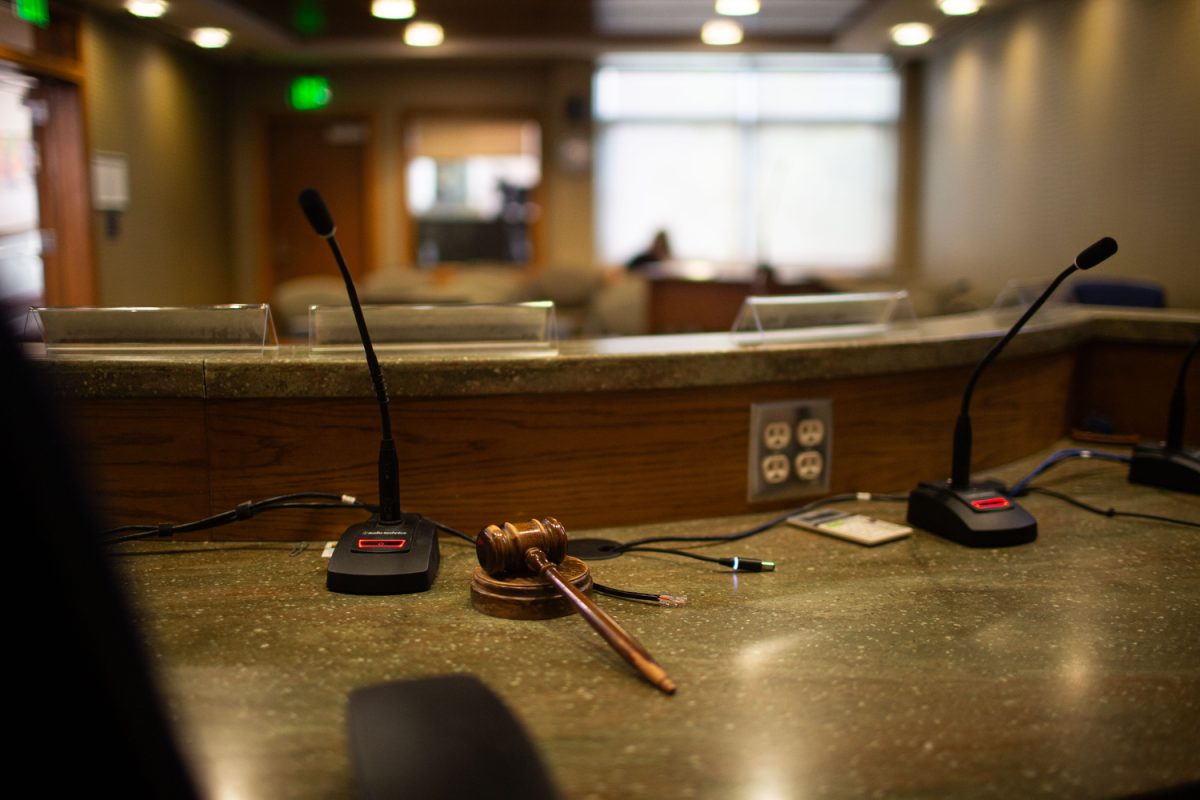The Johnson County Civil Mental Health Court started accepting participants, educating providers, and hiring a judicial referee since starting in May.
Established in May by the county’s Attorney’s Office, Sixth Judicial District, and Abbe Center for Community Mental Health, the specialty court reported nine active participants with 12 enrolled as of Aug. 31, according to a report to the Johnson County Board of Supervisors work session on Wednesday.
The court holds problem-solving hearings for participants in hopes of reducing criminal convictions.
RELATED: Youth crisis stabilization center facilities begin renovations despite no guaranteed funding
Since its start, the program hired Don Schroeder as the judicial referee who serves as the judge for the mental health court.
The program works with people who have been involuntarily committed to the University of Iowa Hospitals and Clinics and the Abbe Center. Participants receive help with maintaining medication regimens, attending appointments with treatment providers, providing regular access to community support, and engaging treatment providers with the process.
The East Central Region is funding the two-year pilot program, which includes money for a coordinator and a judicial hospitalization referee. A specialty court coordinator from the State Court Administration plans to visit the program with the intention of using it as a model to expand civil mental health courts throughout the state, according to Wednesday’s work session agenda.
The court actively works with UIHC and Abbe Center to educate treatment professionals about the program and encourage referrals.
Johnson County Assitant Attorney Lynn Rose said service providers and case managers occasionally attend the court’s weekly meetings, and the power of convening people around the table brings understanding and value to the program.
According to the agenda packet, the program is progressing each week by getting to know the participants and helping them meet the goals they set for themselves.
The supervisors voiced their support for the program, including Supervisor Royceann Porter who worked as a case manager in 2013.
“It’s amazing the job that you do and I just want to say thank you. Keep doing what you do because so many people have been referred or came to you,” Porter said.



